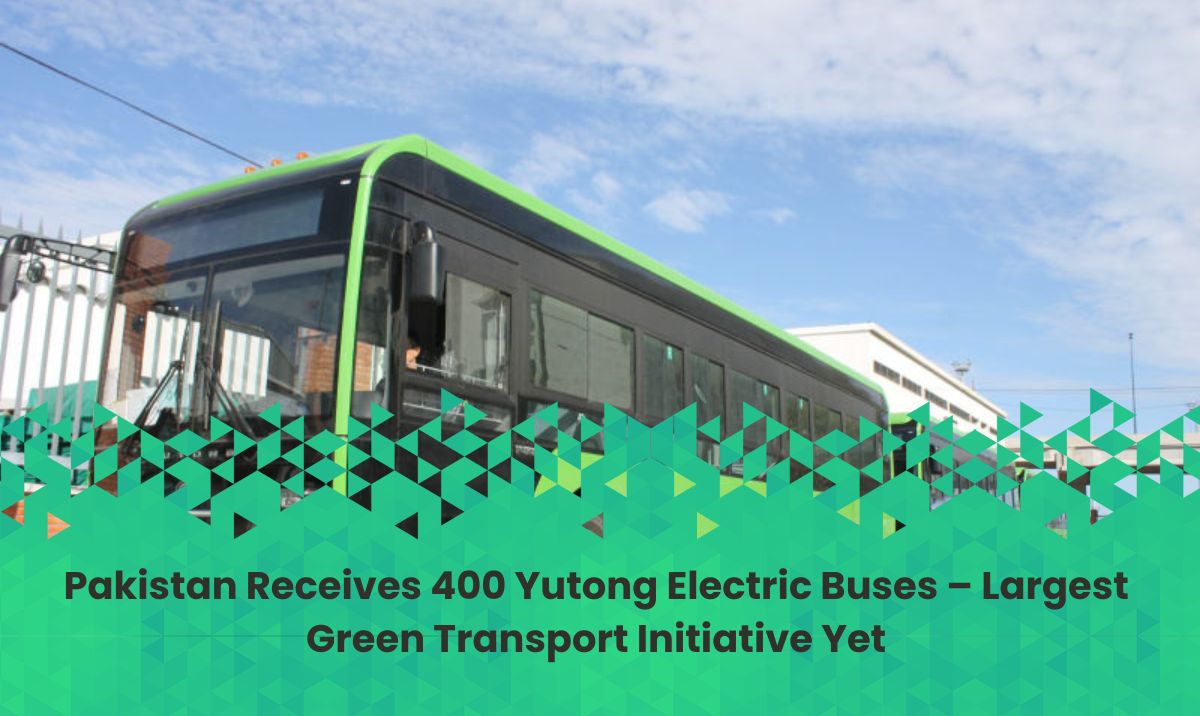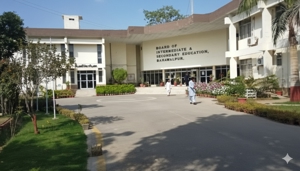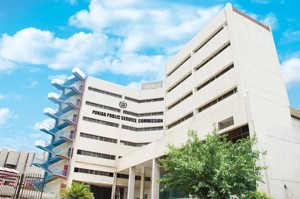
Pakistan has taken a major leap toward modern and sustainable urban mobility with the arrival of 400 electric buses from the Chinese company Yutong, marking the largest single order of new energy buses in the country’s history. The latest addition of these eco-friendly buses demonstrates Pakistan’s ongoing commitment to cleaner transportation, reduced emissions, and enhanced public commuting standards.
Yutong’s Delivery Strengthens Pakistan-China Partnership
Yutong, one of China’s leading electric vehicle (EV) manufacturers, delivered the batch of buses as part of a broader cooperation in the field of green mobility between China and Pakistan. The company confirmed that the buses were primarily delivered to Punjab Province, where they will soon begin operations across 19 major cities and districts, including Lahore, Rawalpindi, Faisalabad, and Multan.
The models supplied — the E12PRO and E9 electric buses — are fully battery-powered and designed to meet the unique environmental and operational needs of Pakistan. Yutong stated that the design and configuration of the buses have been customized to suit Pakistan’s climate conditions, infrastructure, and passenger preferences.
Customized Features for Pakistan’s Climate
One of the standout innovations introduced in these buses is a Nitrogen Protection System for the traction batteries. This safety feature significantly minimizes the risk of cell fires, especially during Pakistan’s scorching summer months. The design also includes dual middle doors for the E12PRO model, improving passenger flow and boarding efficiency during peak travel hours.
Furthermore, Yutong has implemented a differentiated seating layout, dividing the bus into front and rear sections to better accommodate local passenger habits and preferences. The buses are also designed to provide comfort, energy efficiency, and easy maintenance while ensuring smooth and quiet rides for passengers.
Deployment Across Punjab’s Urban Network
Punjab’s government plans to deploy these buses across key urban centers to revolutionize its public transportation infrastructure. This initiative aligns with Pakistan’s national clean energy and climate goals, reducing reliance on fossil fuels and tackling air pollution in densely populated cities.
According to Yutong, these electric buses are expected to significantly reduce carbon emissions and air pollutants, contributing to Pakistan’s commitments under the Paris Climate Agreement and the country’s Electric Vehicle Policy 2030.
Punjab’s Transport Department has indicated that the integration of electric buses will transform the urban transit experience, offering affordable, reliable, and eco-friendly transportation options for millions of daily commuters.
Yutong’s Support and After-Sales Services in Pakistan
To ensure seamless operation and maintenance, Yutong has deployed a dedicated team of 56 professionals, including both Chinese and local experts. These specialists will oversee vehicle servicing, technical support, and after-sales maintenance across 8 official service outlets in Punjab. Additionally, a mobile service team will assist with on-site support and repairs.
Yutong has also conducted over 80 training sessions for Pakistani technicians, engineers, and drivers, training more than 1,000 participants to manage the new fleet effectively. This initiative not only enhances local technical expertise but also ensures long-term sustainability for Pakistan’s e-mobility sector.
Economic and Employment Opportunities
Beyond environmental benefits, the introduction of Yutong’s 400 electric buses will generate over 1,500 direct and indirect employment opportunities in Pakistan. These jobs will include positions in driving, maintenance, technical support, and cleaning services.
By promoting local skill development and workforce participation, this project supports Pakistan’s socio-economic growth while fostering collaboration between local communities and international technology providers.
Supporting Pakistan’s Electric Mobility Vision
Pakistan’s Electric Vehicle Policy 2030 envisions that at least 30% of new vehicles on the road will be electric by the end of the decade. The policy promotes tax incentives, reduced import duties, and infrastructure development for EV charging networks.
The arrival of these Yutong electric buses represents one of the first large-scale implementations of the policy’s objectives in the public transport sector. It serves as a model for other provinces aiming to shift toward electric mobility solutions.
Green Transformation in Public Transport
Public transport in Pakistan has long struggled with inefficiency, congestion, and pollution. The deployment of electric buses addresses these challenges by reducing fuel costs, improving air quality, and offering modern commuting experiences to passengers.
Yutong’s E12PRO buses, equipped with advanced battery technology, have a long driving range, low maintenance costs, and zero tailpipe emissions. These characteristics make them ideal for dense urban routes with high passenger volumes.
The buses are also integrated with smart management systems for real-time monitoring of battery health, vehicle diagnostics, and route optimization — further ensuring operational efficiency and passenger safety.
A Step Toward Cleaner Cities
The Punjab government’s move to adopt electric public buses is a significant stride toward achieving sustainable urban development goals (SDGs) and reducing environmental pollution. With Lahore and other major cities battling poor air quality, such projects play a vital role in transitioning toward a greener and healthier urban environment.
Experts believe that the success of this project could encourage other provinces, such as Sindh and Khyber Pakhtunkhwa, to implement similar eco-friendly transportation solutions in the near future.
The arrival of 400 Yutong electric buses in Pakistan marks a historic milestone in the nation’s journey toward sustainable, efficient, and clean public transport. This partnership not only enhances Pakistan’s environmental and energy objectives but also strengthens its economic and technological collaboration with China.
With customized features, localized training programs, and substantial employment opportunities, the Yutong initiative is set to transform Pakistan’s urban mobility landscape, making it a leading example of sustainable transport in South Asia.















.jpg)